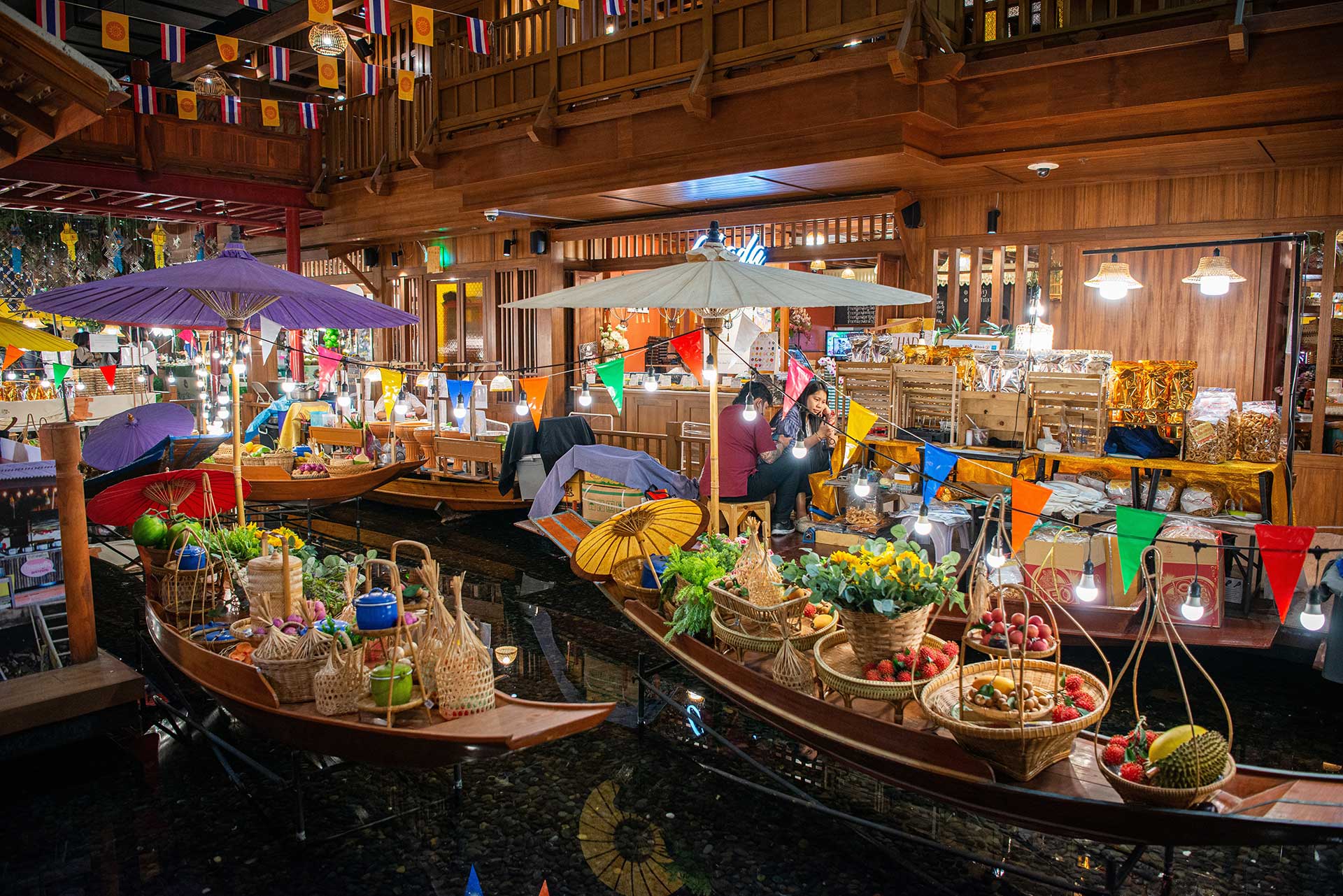Exploring Local Flavors and Managing Hotel Restaurants
Hotel restaurants offer a unique opportunity to embark on a culinary journey while enjoying the comforts of your accommodation. They are not just places to dine but windows into the local food culture and a reflection of the hotel's commitment to providing a memorable experience. In this blog post, we'll delve into the world of hotel restaurants, exploring how they celebrate local flavors and the management aspects that make them successful.
A Culinary Adventure
Hotel restaurants play a pivotal role in offering guests a culinary adventure. Here's how they achieve this:
- Local Ingredients: Hotel restaurants often prioritize sourcing locally grown and produced ingredients. This not only supports the community but also ensures the freshness and authenticity of the dishes. For example, a hotel in Tuscany might use locally harvested olive oil, while a coastal hotel might feature fresh seafood from nearby waters.
- Regional Specialties: Guests can indulge in regional specialties and traditional dishes that showcase the local food culture. This allows visitors to savor the authentic flavors of the area without leaving the hotel premises. It's like a gastronomic journey through the destination's culinary heritage.
Innovative Menus
In addition to showcasing local flavors, hotel restaurants also aim to provide innovative and unique culinary experiences:
- Chef's Creations: Talented chefs at hotel restaurants are known for their creativity and expertise. They craft innovative menus that incorporate local ingredients while adding their personal touch. This results in dishes that not only celebrate local flavors but also offer a unique and memorable dining experience.
- Fusion Cuisine: Some hotel restaurants take it a step further by exploring fusion cuisine. They combine local ingredients with international influences to create a diverse and exciting menu. This fusion can lead to intriguing combinations that appeal to a wide range of tastes.
Atmospheric Dining
The ambiance and atmosphere of hotel restaurants are carefully curated to enhance the dining experience:
- Ambiance and Decor: The design and decor of the restaurant play a crucial role in setting the mood. Whether it's a rustic, cozy eatery in the mountains or an elegant, beachfront dining room, the ambiance complements the hotel's character and enhances the overall experience.
- Al Fresco Dining: Many hotel restaurants offer al fresco dining options, allowing guests to enjoy their meals with breathtaking views or under the open sky. Dining al fresco adds an extra layer of sensory delight to the culinary experience.
Special Dining Events
To keep things exciting, hotel restaurants often host special dining events:
- Themed Nights: These events might include seafood nights, wine pairings, or cultural cuisine showcases. Themed nights offer guests a chance to explore specific culinary themes and try something new.
- Cooking Classes: Some hotel restaurants offer cooking classes led by their expert chefs. Guests can learn how to prepare local dishes and take home valuable cooking skills, creating a lasting connection with the cuisine.
Restaurant Management
Effective restaurant management is essential for a successful dining establishment:
- Staff Training: A well-trained staff ensures that guests receive exceptional service. Whether it's the waitstaff, chefs, or other team members, their expertise and professionalism play a crucial role in the overall experience.
- Menu Development: The creation and management of menus are ongoing processes. It involves selecting the right dishes, pricing, and ensuring that the offerings remain fresh and enticing. Menu development is a dynamic aspect of restaurant management.
Customer Satisfaction
Customer satisfaction is a top priority in hotel restaurants:
- Feedback Collection: Feedback from guests is a valuable resource for improvement. Many hotel restaurants actively seek feedback from diners to continuously enhance their service and culinary offerings.
- Personalized Service: Providing personalized service is an important aspect of ensuring guest satisfaction. This includes accommodating dietary restrictions, handling special requests, and making each dining experience unique.
Sustainability Practices
Many hotel restaurants are dedicated to sustainability:
- Eco-Friendly Initiatives: Sustainability practices include using eco-friendly ingredients, reducing food waste, and minimizing the restaurant's environmental impact. It's a responsible approach to dining.
- Farm-to-Table Initiatives: Some hotel restaurants establish farm-to-table connections, sourcing ingredients directly from local farms. This not only supports local agriculture but also ensures the freshest and most environmentally friendly ingredients.
Local Collaboration
Hotel restaurants often collaborate with local producers and engage with the community:
- Collaboration with Local Producers: These collaborations extend to local wineries, breweries, and artisanal producers. This adds a local touch to beverage offerings and supports the regional economy.
- Culinary Events: Participation in local food festivals and culinary events further strengthens the connection between the hotel restaurant and the community. It's an opportunity to showcase the restaurant's talents and celebrate the local food scene.
Hotel restaurants are more than just places to dine; they are gateways to a culinary adventure. By embracing local flavors, providing innovative menus, and offering a memorable dining experience, they create a culinary journey that celebrates the destination's unique food culture. Effective restaurant management, commitment to customer satisfaction, sustainability practices, and local collaboration are key components of their success. These establishments offer not just a meal but a memorable experience that resonates with guests long after they leave.

